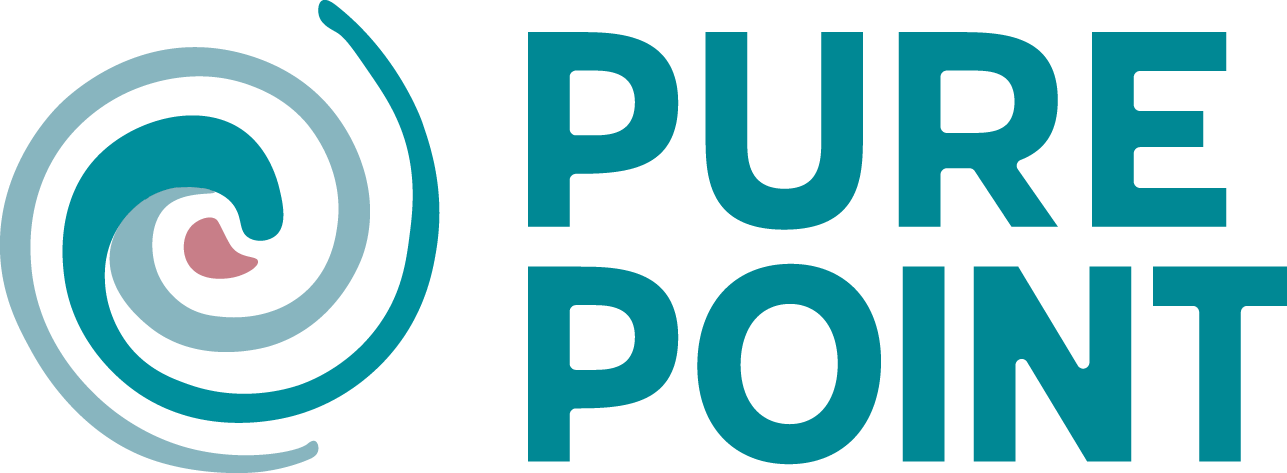Your Email Was Hacked, Now What? 9 Prevention Tips You Can Implement Today
In the last few weeks several people mentioned they were hacked: both personal and work email. I wanted to share few tips that could not only prevent this from occurring, but help you respond to it. We frequently hear about how to prevent breaches of large companies, however its just as important that we limit exposure of our personal accounts. Many times, it’s through our personal email or social media accounts that we compromise our business accounts leading to breaches.
When this happens, the first question I usually get is: how did this happen? The truth is it can happen in multiple ways: a compromised website link, another affected email account within your network at work, public WiFi network, or your phone was compromised. It can be hard to pin down exactly how it occurred; the goal is to prevent it in the first place. Here are 9 tips to keep in mind and incorporate into your daily habits. Whether you are on vacation or working from a coffee shop, if you follow these tips, you will limit you risk tremendously.
Here are 9 top prevention tips to keep you from being hacked:
Passphrases: When you change your password (try to have at least 18 or more characters). Think of a passphrase to use versus a password. Never share passphrases with anyone, including co-workers.
Updates: Complete the latest security updates on your computer (and phone) when prompted.
Try to not use public WiFi networks: If you do, use a VPN (virtual private network). Try Express VPN or IPVanish VPN. When working remotely or on a personal device, use VPN software to access corporate email. Avoid accessing company email from public WiFi connections.
Attachments: Never open attachments or click on links in email messages from unknown senders.
Password Managers: Change passwords often. I recommend every 60-90 days. Utilize tools such as 1 Password and LastPass to either help you remember passwords or to create passwords for you.
Confidential information: Try to send as little sensitive information as possible via email, and send sensitive information only to recipients who require it. Limit who you cc and bcc on these emails.
Anti-virus: Use spam filters and anti-virus software. There are various apps you can download for your phone including Norton and Mobile Security and Anti-Theft Protection among many others.
Large attachments: Don’t attach large files to an e-mail; anything over one or two megabytes shouldn’t be sent via e-mail. Limit the number of files you attach to a message to five or fewer. Save attachments to your hard drive and then delete the e-mail message containing the attachment. Don’t open unexpected attachments or those sent by unknown parties. Scan files with an antivirus program before opening an attachment.
Hacked: If you are hacked or your password is compromised, check any related accounts (for example, if you have a PayPal account connected to your compromised email account, or the company bank account linked to that email account). Continue to be weary of links on emails, even if it comes from trusted source.
Jessica Robinson, is a writer and Founder & CEO of PurePoint International. As a cyber security & risk management expert she advises and consults with small and medium sized businesses on cyber prevention and response. Learn more at www.the-purepoint.com

